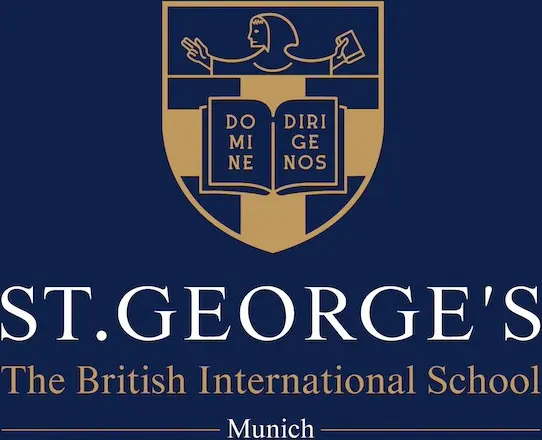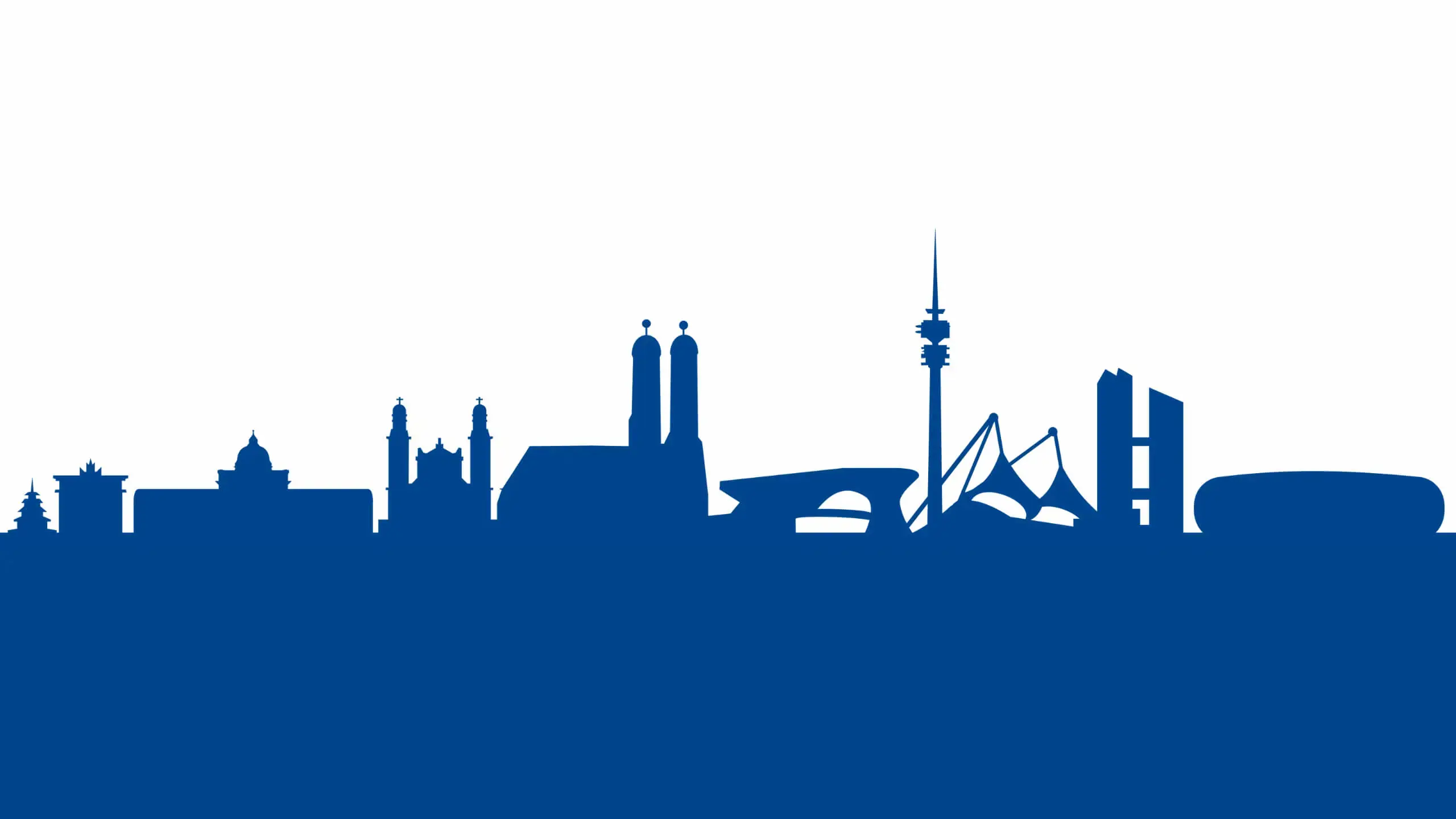The benefits of living in Germany.
Living in Germany offers a high quality lifestyle, and opportunities for personal and professional growth, making it a desirable destination for those seeking to live abroad.
Germany is a diverse and fascinating country, lying at the heart of Europe. It has a rich history, breath-taking landscapes, vibrant cities, and an open-minded, multicultural society. Germans enjoy a high standard of living, strongly supported by a stable political environment, a robust infrastructure, and a prosperous economy. German towns are regularly ranked among some of the most ‘liveable cities’ in the world, providing safety and peace of mind for residents.
However, life in Germany also has its quirks and individual charm, as it boasts a unique and regionally diverse culture, making a relocation to Germany an enriching and delightful experience.
Quick facts
Language, landscape and culture
|
Language |
|---|
|
German is the most widely spoken first language in Europe and one of the top 10 most spoken languages in the world, with over 120 million speakers spread over Germany, Austria and Switzerland. While German is neither known for its beauty nor its ease of learning, this notion is more myth than reality. German shares many similarities with the English language, providing English speakers with a solid foundation. A wide range of German courses tailored to various levels and time commitments, make it accessible for learners of all backgrounds. For those looking to learn the language before arriving in Germany, online courses offer a convenient and accessible option. The Goethe Institute is a globally recognised cultural institution dedicated to promoting the German language and fostering international cultural exchange and offers German as a foreign language learning through courses and examinations. Many Germans have an excellent understanding of English, and it is entirely possible to get by in Germany without speaking the language. However, it is always useful to have a grasp of the basics. |
|
Food |
|
Prepare to be pleasantly surprised by the diversity of German cuisine. Germany is a cosmopolitan, multicultural society, and German people enjoy a wide range of cuisines from around the globe. In any city, you are likely to find more Italian or Asian restaurants than traditional German ‘Brauhäuser’. There is something for every taste. Germany also boasts its own rich culinary heritage, with distinct regional variations. Take, for instance, the iconic Wurst. Germans enjoy many sausage varieties, ranging from white to dark, short to long, and boiled to smoked, reflecting the diverse tastes across the country. Additionally, Germany takes pride in its extensive bread culture, with over 300 types of bread to savour. With a remarkable 1,300 breweries, there's a different beer available for every day of the year, for over three years! |
|
Geography |
|
Germany stretches from the Baltic in the north to the Alps in the south. It borders nine countries, including Scandinavian Denmark, Mediterranean France, Alpine Switzerland, and the Bohemian Czech Republic. Two of Europe’s mightiest rivers carve through its landscapes – the Danube and the Rhine, and one of Europe’s largest lakes – Lake Constance – forms its southern border. Germany’s geography is therefore hugely varied and its landscapes merit discovery. The country is divided roughly in two, between the ‘flat’ north and ‘high’ south. The north has a strong seafaring tradition and is a popular holiday destination for families and those seeking the fresh sea air. Its coast is dotted with islands, and home to sweeping beaches, broad mudflats and chalky cliffs. Central Germany is the land of rolling hills and majestic rivers. Vineyards cling to the slopes and produce some of the country’s finest wines. In the southwest, the Black Forest entices visitors with its spectacular scenery, cuckoo clocks and cherry cake. Icy lakes nestle in Bavaria’s hills, formed from the melting snow of the Alps, which rise on the southern border and provide endless opportunity for outdoor pursuits. |
|
Climate |
|
Germany has a predominantly temperate climate, with continental influences. There are four distinct seasons, with warm summers and mild winters. Continental influences can cause periods of extreme heat or cold, but average temperatures are moderate. Snow is common at higher elevations during the winter months, but the lowlands are typically milder, with only the occasional snow flurry. |
|
Culture |
|
It is impossible to summarise Germany’s rich and diverse culture in a few short words. However, lying in the centre of Europe places Germany firmly at the heart of European cultural tradition. Germany has a lot in common with its neighbours, and for those moving to Germany from elsewhere in the western world, much will be familiar. Due to Germany’s long existence as a group of loosely allied micro-states, German culture is highly regionalised, and there are marked differences in language, customs, and culinary traditions across the country. Travelling from one city to another can feel like travelling to a different country, which makes Germany such an interesting place to discover. Germans have a great appreciation for their own culture and customs, as well as culture in a broader sense. The typical German has a strong affinity to their hometown or region, and local festivities are celebrated with pride. This means that many ancient traditions are kept wholeheartedly alive beneath the shiny veneer of this modern nation. Cultural activities are abundant, and even small towns and cities typically have a wide array of cultural outlets. Museums and the Arts thrive in Germany, offering something to captivate every interest. Known as the "Land der Dichter und Denker" (the land of poets and thinkers), Germany celebrates its rich literary, philosophical, and artistic heritage with pride. |
|
Quality Healthcare |
|
The healthcare system in Germany is renowned for its excellence, offering comprehensive coverage and access to top-notch medical facilities and services. |
|
Efficient Public Transport |
|
Germany has an extensive and efficient public transportation network, including trains, trams, buses, and bike lanes, making it easy to get around without a car. |
|
Work-Life Balance |
|
Germans value work-life balance, with generous vacation days, flexible working hours, and strong labour laws promoting employee well-being. |
|
Environmental Consciousness |
|
Germany is a leader in environmental sustainability, with initiatives promoting renewable energy, recycling, and eco-friendly practices. |
The benefits of living in...
Munich
Munich, the capital of Bavaria and gateway to the Alps, is Germany’s third largest city. It is a thriving centre for technology and innovation, and home to numerous multinational corporations and start-ups. The city's economy is diverse, with strong sectors in automotive manufacturing, aerospace, finance, and biotechnology.
Overall, Munich offers a perfect blend of history, natural beauty, and modernity. It captivates visitors with its rich history, vibrant culture, and warm Bavarian hospitality, making it a must-visit destination for travellers from around the globe and a desirable place to live.
|
Infrastructure |
|---|
|
Munich's infrastructure is well-developed and modern, supporting its status as a leading city in Europe for business, culture, and quality of life. The city boasts a world-class healthcare system, with state-of-the-art hospitals, clinics, and medical facilities. It is a major hub for education and research, with several prestigious universities and research institutions, attracting top professionals and researchers from around the world. Rapid transport links connect the city to Austria, Switzerland and Italy, as well as to all major German cities. Munich airport is a major international hub and offers flights to destinations across the world. |
|
Evolving Story |
|
Munich grew from a medieval settlement of monks, from which its name originates. It developed rapidly into an important centre and was chosen by the Bavarian Duke’s as their capital. The grand architecture of the city centre pays testament to its royal status, and the foundation of the Kingdom of Bavaria in the nineteenth century sealed Munich’s status as a cultural centre of global importance. Although Munich was heavily damaged during the war, it was meticulously rebuilt and retains much of its pre-war character. It is however to all intents and purposes a very modern city, which offers its inhabitants a high standard of living and rich variety of pursuits. The city’s shops rival those of any major European city, and its restaurants and bars account for every possible taste. On the banks of the Isar lies the ‘Deutsches Museum’, the world’s oldest and largest science museum, just one of the many hundreds of cultural establishments in the city, including over 50 theatres, 40 museums, 80 cinemas and several concert halls. The ‘English Garden’ is Munich’s green and tranquil heart and one of the world’s largest city parks. It is where the locals enjoy a Sunday stroll or refreshment in its sprawling beer garden. Beer lovers will however be most interested by the world famous ‘Oktoberfest’, which attracts over a million visitors to the city in late September. The surrounding area offers breath-taking scenery and endless opportunities for outdoor pursuits in all seasons. Lakes and rivers provide welcome refreshment from the summer heat, whereas the mountains are the draw in winter months. Whether a simple walk in the hills or something more adrenalin fuelled, the Munich area provides a vast amount to see and do, including world-famous attractions. The fairy-tale castle of Neuschwanstein lies in the foothills of the Alps and the majestic city of Salzburg is just across the Austrian border. |
|
Legacy and identity |
|
The poet featured with a book in the coat of arms of the city of Munich is depicted in the logo of the St.George’s School in Munich, as a symbol of literary excellence and cultural heritage. |




















